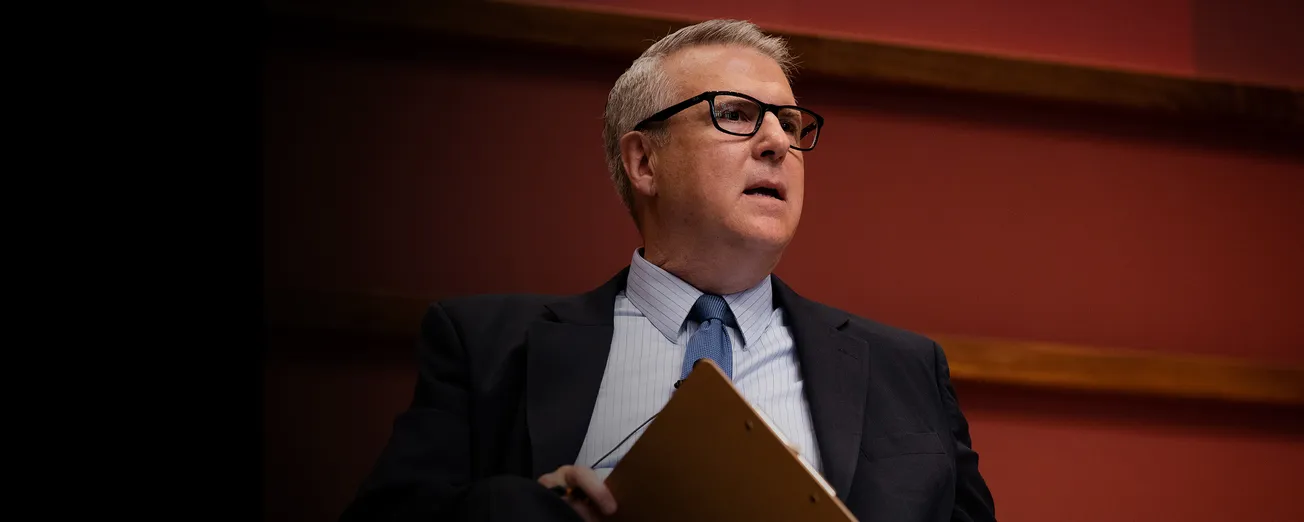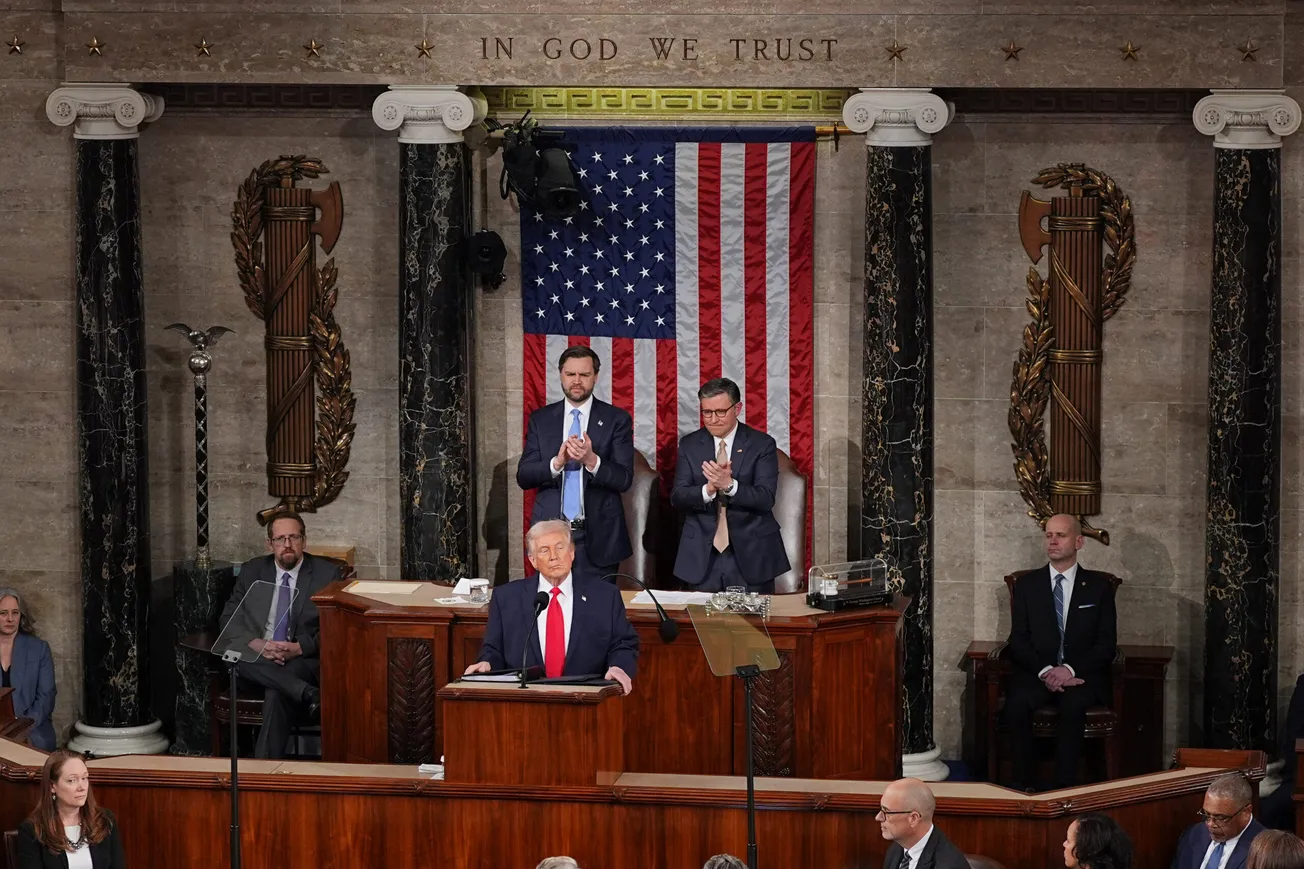Table of Contents
Dear Stanford,
In my last moment of expression as editor-in-chief of Stanford’s conservative newspaper, I’d like to reflect on my political evolution during my time on the Farm.
I should begin by noting the following: based on any reasonable definition of the word, I am not a conservative. Yet for the past six months, I have been at the helm of perhaps the lone bastion of student conservative thought on this campus.
How can that be?
I’ll isolate three reasons that demonstrate the value of the Review. First, Stanford is a remarkably liberal place. It is a college campus; it is located in Northern California. Its administrative infrastructure has institutionalized many of the main tenets of the Left. Thus to be a moderate at Stanford is to be viewed as a neoconservative or anarcho-capitalist. Within such environs, the Review is an attractive place for those seeking to avoid getting caught up in a sea of unquestioned liberal dogma.
Second, on those political issues relevant in the university administration and student government context, so-called “conservative” positions are often simply expressions of skepticism or an emphasis on fiscal pragmatism. On student government and university policy, this paper can be seen as the expression of “campus conservative” positions. Over the years, these positions have included such “controversial” positions as: defending free speech, advocating for the use of budgeting in the ASSU’s operations, promoting cost-benefit analyses in the context of sustainability policies, and so on. In other words, to be a campus conservative is to be practically minded and attached to some notion of reality. Republican Party affiliation, on the other hand, is not a requirement, and the Review has therefore tended to attract students with a wide range of beliefs.
And that diversity of opinion is the third reason. At Stanford, liberalism is so pervasive that the campus’s liberal political organizations and publications have slim staffs and are often non-presences. But the Review, with its commitment to rich, substantive debate, has been lucky enough to attract a staff that refuses to go along with a politically disinterested campus. Writers and editors span the political spectrum from libertarian to social conservative to moderate to liberal – and they’ve come together to resist a campus that too often does not question its mainstream politics.
For nearly three years, the Review has been my political home on campus – even despite my lack of conservative credentials. I hope that despite in that time – no matter your political beliefs – we’ve managed to provoke and to enlighten.
Fiat Lux!
Alex Katz
Editor-in-Chief, The Stanford Review, Volume XLV




